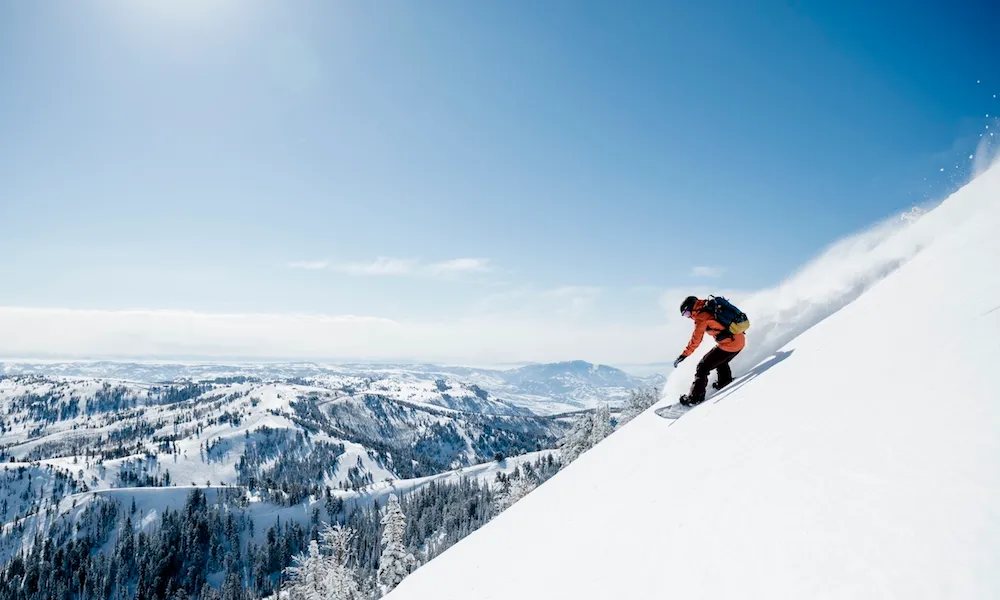
What to Know Before Your First Ski Trip
Embarking on your first ski trip is an exciting adventure. The thrill of gliding down snowy slopes, the crisp mountain air, and the cosy catered chalet val d isere evenings are memories in the making. However, skiing can feel daunting for first-timers. To ensure a smooth and enjoyable experience, here are the key things you need to know before hitting the slopes.
1. Choose the Right Resort
Not all catered ski chalet resorts are created equal. As a beginner, look for resorts known for their beginner-friendly slopes and comprehensive lesson programs. Resorts with a good mix of green (easy) runs and ski schools are ideal. Research reviews and call ahead to confirm if they offer beginner packages that include rentals, lift tickets, and lessons.
2. Dress for Success
Proper clothing is essential for comfort and safety. Here’s a quick guide to layering:
- Base Layer: Choose moisture-wicking thermal tops and bottoms to keep you dry.
- Mid Layer: A fleece or insulated jacket for warmth.
- Outer Layer: A waterproof and windproof ski jacket and pants.
- Accessories: Don’t forget gloves, a hat or helmet-compatible beanie, ski socks, and goggles to protect against wind and snow glare. Investing in the right gear will make your experience much more enjoyable.
3. Rent Gear Instead of Buying
For your first trip, it’s more practical to rent equipment rather than buying. Ski rentals typically include skis, boots, and poles, and some shops offer helmet rentals too. Renting gives you the flexibility to try different equipment without a big upfront investment.
4. Take a Lesson
Even if you’re naturally athletic, skiing has a learning curve. Enroll in a beginner’s lesson on your first day. Professional instructors can teach you the basics of stopping, turning, and using the ski lifts safely. Plus, learning in a group can make the experience more fun and less intimidating.
5. Start Slow and Stay on Green Runs
As tempting as it may be to jump on a more challenging slope, stick to the green runs until you build confidence. Green runs are designed for beginners, with gentle slopes that allow you to practice your skills without overwhelming speed or steepness.

6. Understand the Basics of Ski Etiquette
Skiing has its own set of unwritten rules to keep everyone safe:
- Yield to the skier below you.
- Look uphill before merging onto a run.
- Follow posted signs and closures.
- Always stop at the side of the trail, not in the middle.
Following these guidelines ensures a smooth experience for you and those around you.
7. Stay Hydrated and Snack Smart
Skiing is physically demanding, and the altitude can dehydrate you faster than you’d expect. Pack water and energy snacks to keep your energy up throughout the day. Take breaks as needed to rest and refuel.
8. Know Your Limits
It’s easy to overestimate your stamina, especially when adrenaline kicks in. Listen to your body and take breaks if you feel fatigued. Pushing yourself too hard increases the risk of injury, so pace yourself.
9. Prepare for Après-Ski
Après-ski, or post-skiing activities, are a highlight of any trip. Whether it’s soaking in a hot tub, enjoying a warm drink by the fire, or exploring local restaurants, plan to relax and celebrate your day on the slopes.
10. Be Patient and Have Fun
It’s normal to fall—a lot—when you’re learning to ski. Embrace the process and laugh off your tumbles. Every skier starts somewhere, and every run is an opportunity to improve. Celebrate small victories, like mastering a new turn or completing a run without falling.
Your first ski trip is an adventure filled with learning, laughter, and memorable moments. By preparing properly and approaching the experience with an open mind, you’ll be well on your way to falling in love with the slopes. So grab your gear, head to the mountains, and enjoy the ride!



